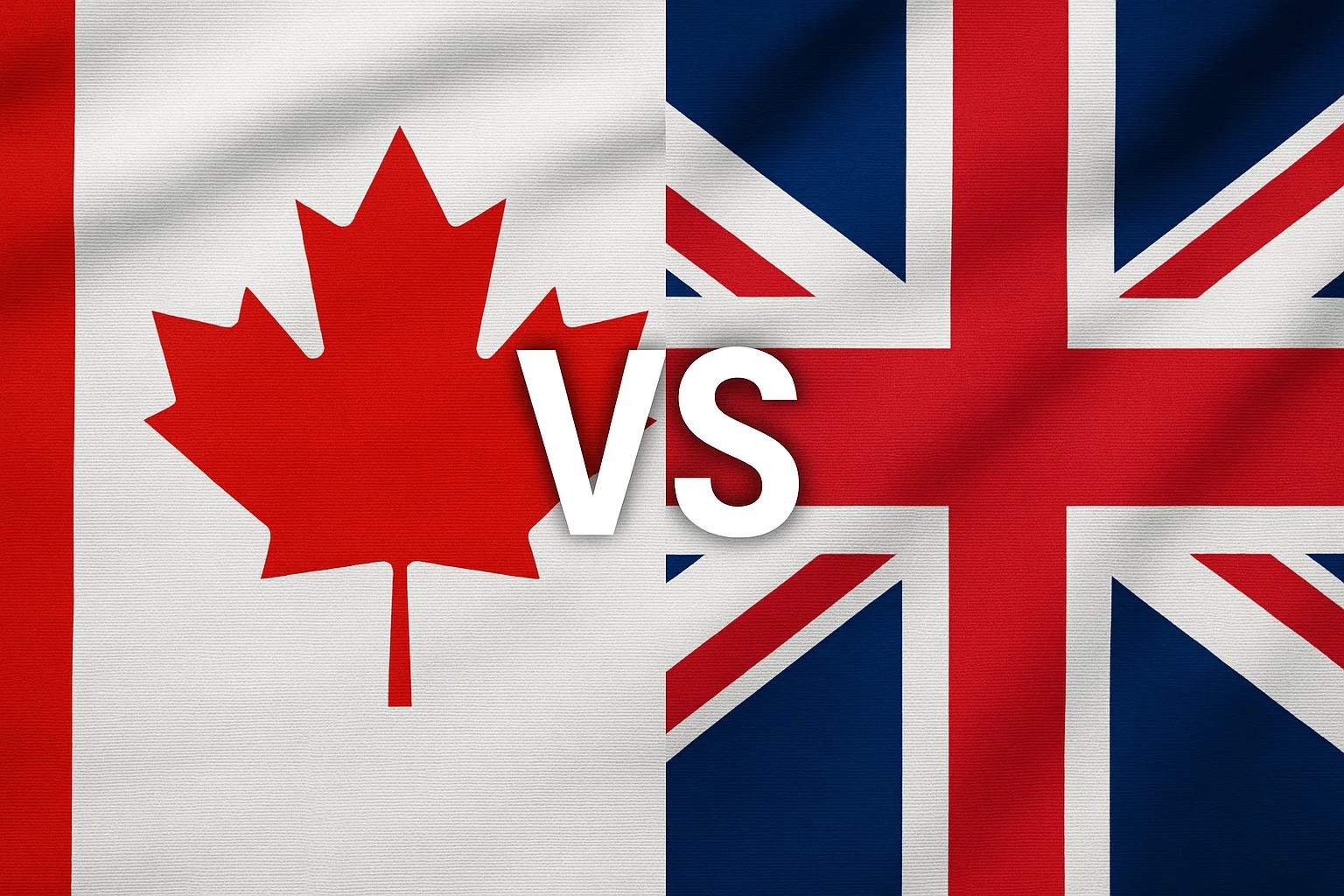Recently, many students have asked questions about Ireland’s study costs. Ireland’s master’s degree programmes are generally one-year, undergraduate courses are three-year or four-year, and international students can apply for scholarships and work legally. Students can refer to it to give you a detailed summary of the cost of studying in Ireland!
Tuition Fees in Ireland
Undergraduate Tuition Fees
The level of fees varies with different majors (take the popular majors for studying in Ireland as an example)
| Major | Fees/Euros/year |
| Medicine and related programmes | 21,000-32,000 |
| Engineering, science and technology | 12,250-14,500 |
| Business and related courses | 7800-10800 |
| Arts, social sciences | 9400-10800 |
| Law | 9000-10500 |
| Music | 9,500 – 14,500 |
Master’s Degree Tuition Fees
Tuition fees are generally around 8,000-15,000 Euros.
| Major | Fees/Euros/year |
| Polytechnics, private colleges and universities | 8500-9500 |
| Public universities | 11,000-15,000 |
| Medicine | 10,000-17,400 |
| MBA | 9500-29500 |
The Cost of Living in Ireland
Rent

Rent follows the tuition fees; rent also accounts for a large part of the cost of living. The cost of rent varies according to the type of room (e.g. with or without a private bathroom, whether it has a kitchen, etc.), the location of the city, the distance from the city centre and so on. On average, rent in Ireland is around €5,600 per year. The average price in Dublin, the capital city, is slightly higher at about €6,500/year. If you want to live in a self-contained apartment (single occupancy, with its kitchen and bathroom), the rent is around €10,200/year. Also, most flats don’t come with a bill, so in addition to the rent, you’ll have to pay for utilities, internet, gas, and so on. A year’s utility bill is about 1,000 euros a year. Remember to include this part of the bill when calculating your cost of living.
It is worth giving a little advice about homestay:
The first thing you should do is consider a family close to the school.
Try to treat yourself as a member of the family when you get along with your host family so that you can experience the local culture and integrate into the local life.
Try to understand that the host family itself is different from the house you live in. For example, most host families do not hire cleaners to clean the house, which will be the shared responsibility of the host student.
Diet

Due to the different eating habits, you may not feel comfortable when you first come to Ireland. Although you can find Asian restaurants in Ireland, the prices are generally higher than at home, and even local Irish restaurants are relatively expensive. However, the price of raw materials in Irish supermarkets is not high. If you can cook for yourself, you will save a lot of expenses, so it is recommended that you master the basic cooking skills at home.
In addition to the occasional holiday to go to the restaurant, usually their supermarket cooking or significantly save money! Here’s a list of prices for a few common supermarket ingredients:
| foodstuff | Price/Euro |
| 500g chicken breast | 4.7 |
| 1 litre of milk | 1.11 |
| 12 eggs | 3.38 |
| 1kg of apples | 2.04 |
| 1kg of potatoes | 1.11 |
| 2 litres of cola | 2.44 |
| Bread for 2 | 1.45 |
Other Costs in Ireland
In addition to the usual necessary expenses such as tuition fees, rent, food and transport, there are other leisure and entertainment costs (such as travelling, socialising, shopping, etc.) that should also be taken into account. However, this cost is challenging to calculate; different lifestyles and consumption concepts will have vast differences. Here, I will give you a few examples of spending occasions so you have some basic price concepts in Ireland.
Restaurants: If you go to a fast food restaurant such as McDonald’s, the average meal is 8 euros. If you go to a middle restaurant, the average cost of a meal is about €15-20 per person. If you go to a higher-class Western restaurant, you will spend more than 30 euros per person for a meal if you order a starter, main course and dessert.
●Cinema tickets: 23 euros for 2 cinema films.
●Gym: regular gym membership costs €43/month.
●Haircuts: Men’s haircuts in the commercial area are about 16 euros.
Transport in Ireland

Travelling by public transport in Ireland is a good choice, and you can buy a Student Leap card with a student ID card to enjoy more discounts on public transport. In addition, in some areas of Ireland, you are prohibited from entering a car; you can only walk or ride a bicycle.
The average cost of travelling in Ireland is around €1,000 – €1,500 a year for a typical number of trips and frequency.
Policies for International Students
The Irish government allows international students to work legally: 20 hours per week during term time and 40 hours per week during long holidays. Students can make full use of the time after school and holidays to accumulate working experience. The minimum hourly wage in Ireland is €10.50 per hour, with some annual increases.
International students graduating from an Irish higher education institution are entitled to a 12-month graduation visa after completing their undergraduate degree and up to 24 months for Masters and PhD graduates. International students can make the most of this time by taking up internships and seeking employment in Ireland.
The Irish government also has a list of shortage occupations, and non-Schengen residents can apply for a Stamp4 Permanent Resident Card if they have been employed for two years in one of the sectors on the list and earn €30,000 or more per annum. Nursing, Engineering, Marketing, Education, Computing, Biopharmaceuticals and many more are on the list.
Ireland’s high-tech sector has been a bright spot, with many digital industry giants moving into the country. Ireland is vital in the global digital industry; many well-known big brands, such as eBay, PayPal, Twitter, LinkedIn, Yahoo, Zynga, Google, and Facebook, have set up branches in Ireland.
FAQ
The average cost of living for a single person in Ireland is estimated to be around €2,500 per month, including rent, groceries, utilities, transportation, and leisure activities. However, this can vary significantly depending on lifestyle and location.
Rental prices vary widely based on location and property type. On average, you might expect to pay between €1,200 and €2,000 per month for a one-bedroom apartment in city centres, and between €800 and €1,300 outside city centres.
The average monthly cost of groceries for a single person can range from €200 to €300. This includes basic food items like fruits, vegetables, dairy products, meat, and bread.
A monthly public transport ticket in cities like Dublin or Cork costs around €100-€150. Single journey tickets range from €2 to €4.
The cost of eating out can vary. A meal at an inexpensive restaurant can cost around €15, while a three-course meal for two at a mid-range restaurant can cost around €60.








